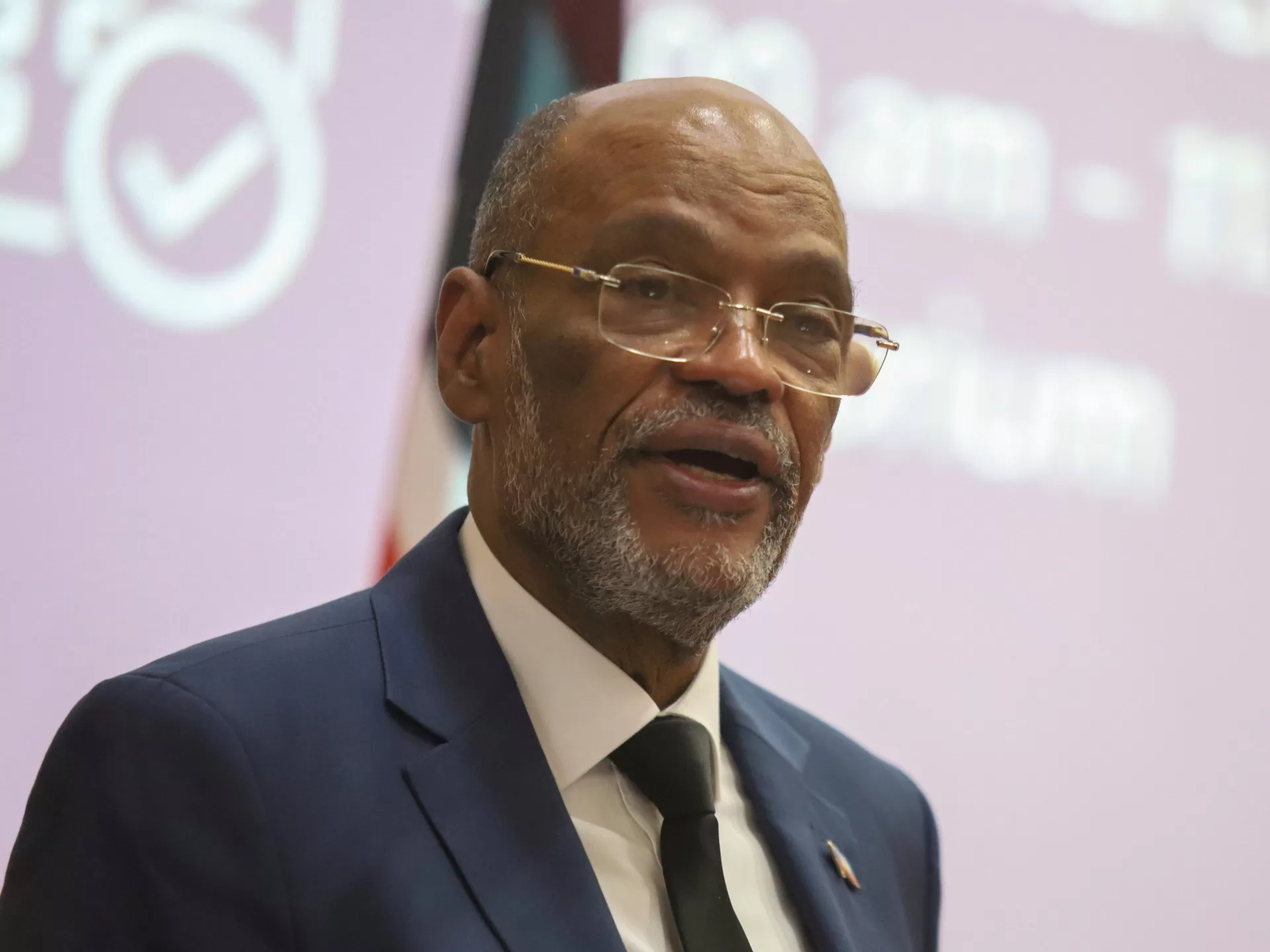Haiti enters a new phase aimed at stemming its spiralling political and security crisis, but the future is uncertain.
In a letter posted to social media on Thursday, Henry said his administration had “served the nation in difficult times”. The letter was dated Wednesday.
The transitional council was officially installed on Thursday. The outgoing cabinet said that, pending the formation of a new government, Economy Minister Michel Patrick Boisvert has been appointed as interim prime minister.
An alliance of the country’s powerful gangs began a coordinated attack on the capital city of Port-au-Prince at the end of February. That coincided with Henry’s visit to Kenya in support of a United Nations-backed security force that the East African country had agreed to deploy to Haiti.
Amid the violence, Ariel agreed to resign last month and has not returned to Haiti. CBS News has reported that he has been protected by the United States Secret Service while abroad.
The nine-member transitional council, where seven members will have voting powers, is expected to help set the agenda of a new cabinet. It will also appoint a provisional electoral commission, which will be required before elections planned for 2026 can take place. They are also set to establish a national security council.
While gang leaders had called on Henry to resign, they voiced anger over their exclusion from transitional negotiations, and it remains unclear how they will respond to the new council.
For its part, the international community has urged the council to prioritise Haiti’s widespread insecurity.
Before the latest attacks began, gangs had already controlled 80 percent of Port-au-Prince. The number of Haitians killed in early 2024 increased by more than 50 percent compared with the same period last year, according to a recent United Nations report.
Meanwhile, about 360,000 Haitians remain internally displaced, with gang violence forcing 95,000 people to flee the capital and pushing five million into “acute hunger”, according to the UN.
Henry was never directly elected. Instead, he was chosen for the prime minister post by Haitian President Jovenel Moise shortly before Moise was assassinated in 2021, and came to power with the backing of the US and other Western countries.
But many rights observers have been wary about what comes next in a country that has seen decades of spiralling crises fuelled by corrupt leaders, failed state institutions, poverty, gang violence, and an international community, led by the US, whose interventions in domestic politics are widely unpopular with Haitians.
As a result, many Haitians remain wary of any foreign involvement in Haiti today, saying that it will only add to the chaos. Nevertheless, several top human rights advocates have said Haitian national police are ill-equipped to stem the violence.
For its part, Kenya had paused its plans to deploy a security force to Haiti until the transitional council took power although it remains unclear if that is still the case.
